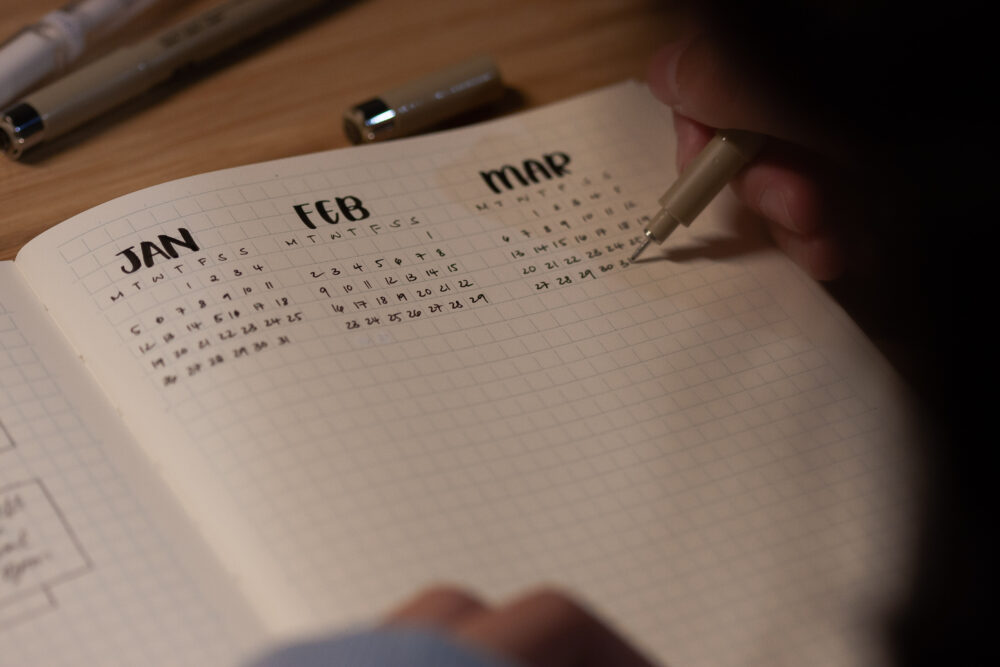
By Jenny Tran
You come home from a rough, eventful day. Your brain is practically overflowing with thoughts and you just want to dispose of them all somewhere. Your mind is a jumbled mess waiting to be tidied up and boxed away so you can finally feel at ease.
Simply keeping a journal can be the answer to all these problems and more.
Writing in a journal can supply numerous benefits, many long-lasting and worthwhile. From being a creative outlet to soothing your mental health, people from all stages in life should keep the habit of journaling to reap these impactful rewards.
When it comes to journaling, no set standards or boundaries are enclosing you in. You can wholly express your authentic self and pour all your emotions, ambitions, feelings and motives into these very pages. Because nothing is holding you back, you are free to shamelessly confess your struggles, fears and worries. All the indistinguishable clumps inside you can now be released.
And, because you are journaling for yourself, there are endless ways to express yourself. It doesn’t have to be just writing. From scrapbooking to doodling to poetry, there are endless ways to use a journal. How you get your thoughts on the paper is your decision solely.
Once you have channeled out everything, the fuzz in your head might seem a bit clearer than before. According to the University of Rochester Medical Center, journaling can help you reduce your stress and gain control over your emotions. All your cluttered, aimless thoughts can now be organized and laid out before you.
Mental-health-wise, journaling helps you prioritize yourself, even if it is just for a couple of minutes.
As you keep writing and one entry continuously piles over the other, your journals begin to cover an extended part of your life. Regularly using your journal can make it act as a sort of “keepsake” book. At any time, you are able to page back through old entries and recall your past experiences and feelings—many of which you wouldn’t have remembered if you hadn’t written them down.
That said, over time, you can watch yourself grow through these mere pages. You can keep track of how much you’ve changed as a person and process the factors that have changed you. By looking through a window into the infinite emotions and feelings of the past, you can contemplate how they reflect into the person you are today.
Journaling, however, may seem intimidating to many. In opposition, it may seem like a waste of time and too much of a commitment. However, you shouldn’t go into journaling with a stressful, devoting attitude. Because your journal is tailored to yourself only, you should only journal when you want to. Writing for only five minutes a day, or even a week, can still be greatly beneficial in the long run.
Through journaling, your life, and the pool of feelings and struggles that encompasses it, practically unfold before your eyes. All you need is some paper and a pen.





